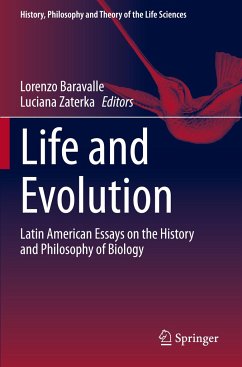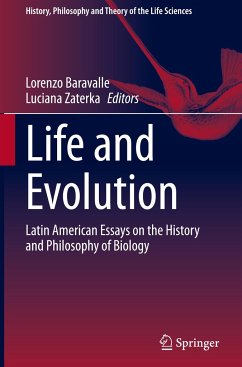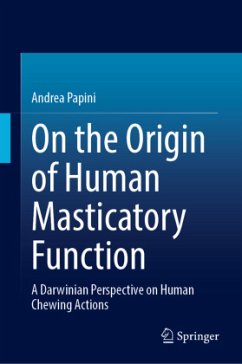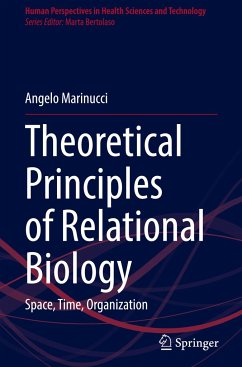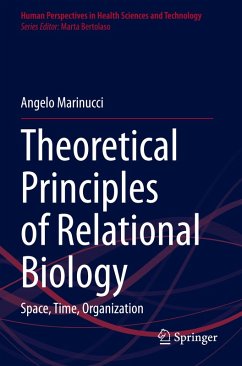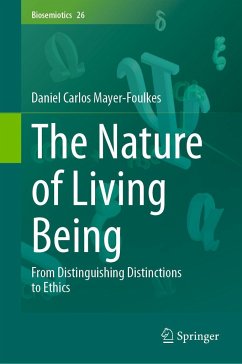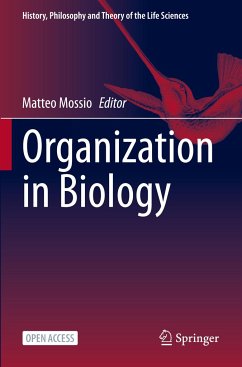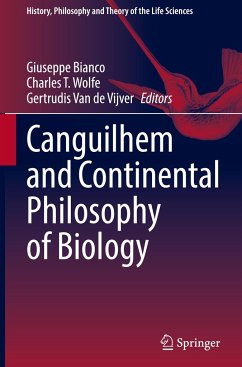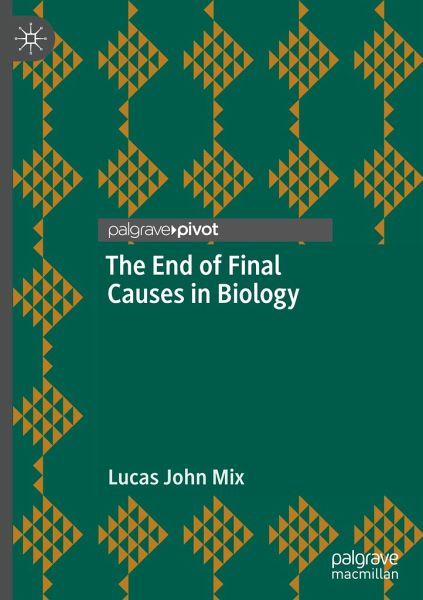
The End of Final Causes in Biology

PAYBACK Punkte
17 °P sammeln!
This book provides a straightforward introduction to teleology in biology, the work it did and the work it can do. Informed by history and philosophy, it focuses on scientific concerns. Seventeenth, eighteenth, and nineteenth century biologists proposed a menagerie of biological "actors" to explain power without appealing to Aristotelian vegetable souls and final causes. Three constraints on teleology narrowed the field, selecting among the various actors as they mutated and recombined. Methodological naturalism, local adaptation, and blind chance each represent a significant philosophical adv...
This book provides a straightforward introduction to teleology in biology, the work it did and the work it can do. Informed by history and philosophy, it focuses on scientific concerns. Seventeenth, eighteenth, and nineteenth century biologists proposed a menagerie of biological "actors" to explain power without appealing to Aristotelian vegetable souls and final causes. Three constraints on teleology narrowed the field, selecting among the various actors as they mutated and recombined. Methodological naturalism, local adaptation, and blind chance each represent a significant philosophical advance in biology. Kant, Darwin, and the Modern Synthesis provided a new teleology, grounded in natural selection, an etiological recursion of form and function, and the details of carbon chemistry on Earth. They naturalized teleology, but they also finalized nature, shifting conceptions about the world and science. Understanding these links - historical, philosophical, and theoretical - sets thestage for new work moving forward.



